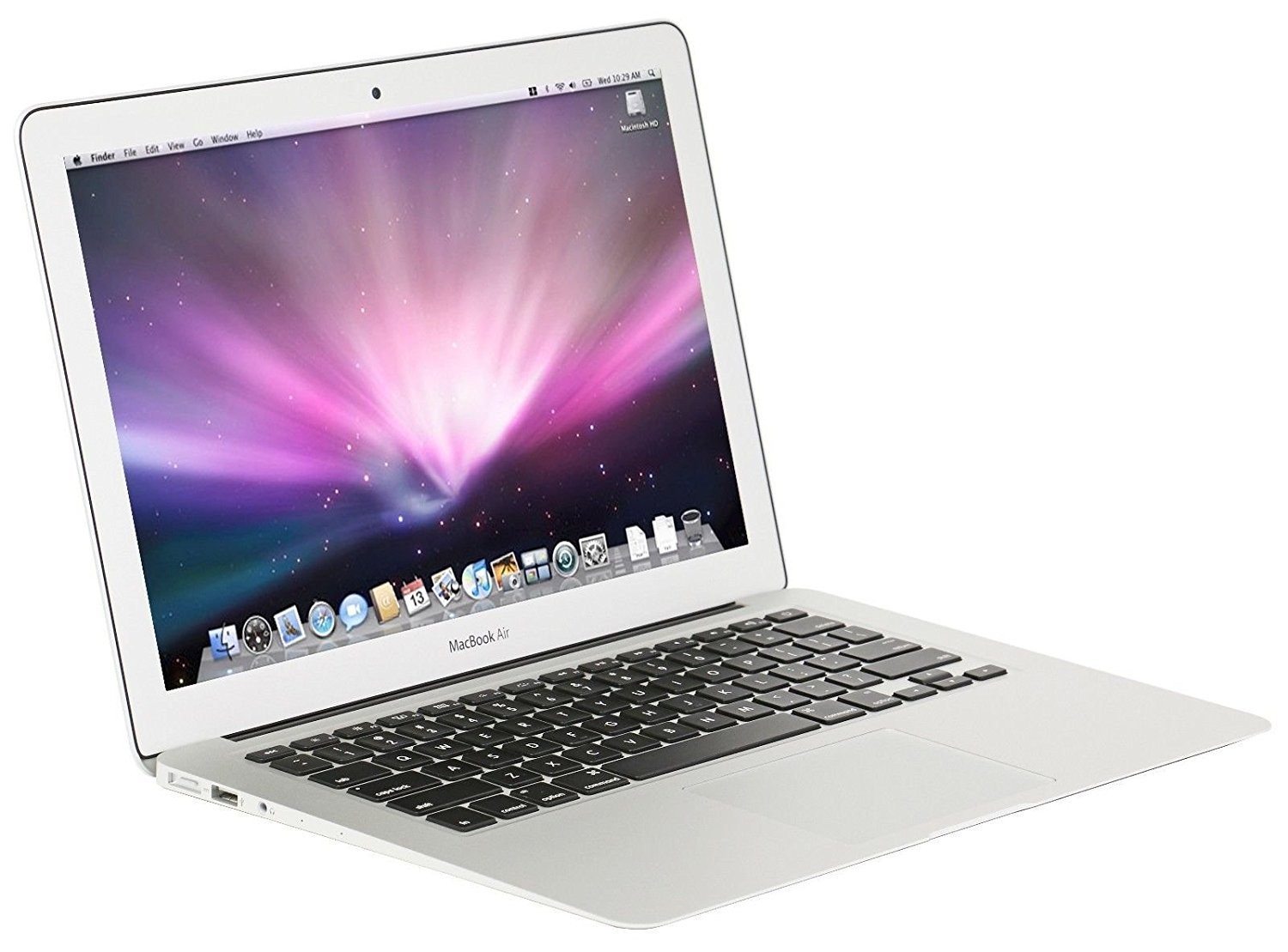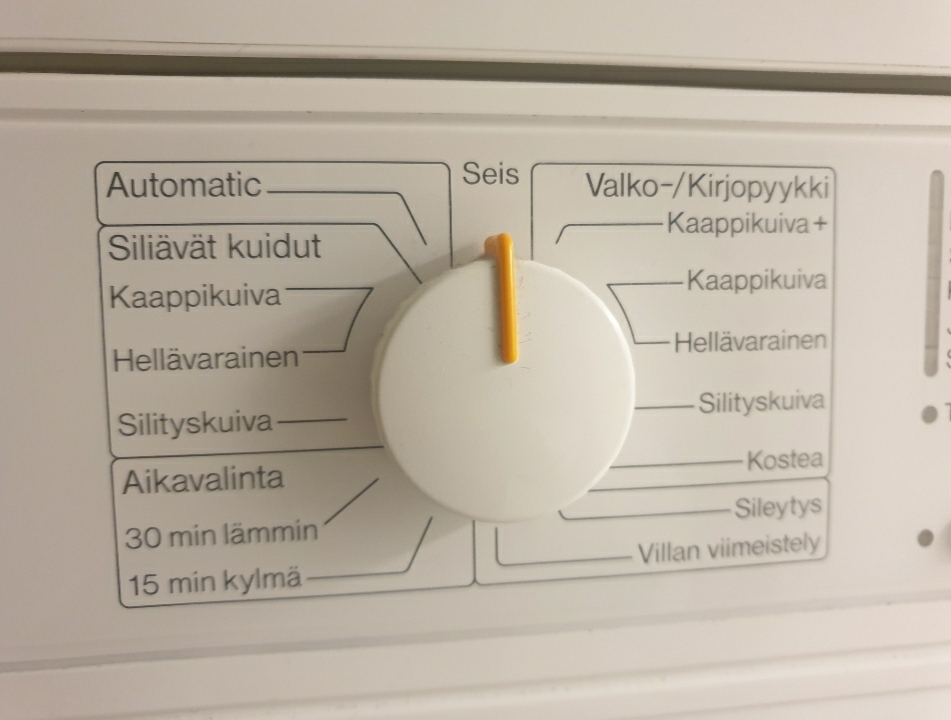Blaze screenshot it at lemmy.ml.
- 4 Posts
- 44 Comments
The number shown is how many posts or comments your instance is aware of. If your number is smaller than the real one, it means that there’s content that doesn’t exist on your instance.
The missing content is either:
- Old: The account is like 3 or 4 years older tham your instance. Old content doesn’t get federated unless someone deliberately asks for it.
- Posted in communities that no one at your instance has subscribed to them yet. This stuff also doesn’t get auto-federated.

 5·30 days ago
5·30 days agoI’m sure counter strike would be a decent option

 34·1 month ago
34·1 month agoI was vaguely aware that some ancient architectures had weird byte widths, but I did not know about this. Pretty interesting.
This paper cannot succeed without mentioning the PDP-10 (though noting that PDP-11 has 8-bit bytes), and the fact that some DSPs have 24-bit or 32-bit words treated as “bytes.” These architectures made sense in their era, where word sizes varied and the notion of a byte wasn’t standardized. Today, nearly every general-purpose and embedded system adheres to the 8-bit byte model. The question isn’t whether there are still architectures where bytes aren’t 8-bits (there are!) but whether these care about modern C++… and whether modern C++ cares about them.
The file is named Cargo.toml. Whatever dependencies you add to there are automatically downloaded by Cargo. You can manage them with
cargo addandcargo remove.cargo installis not the same thing. That installs binaries. I last installed cargo-release to automate the annoying part of managing git tags and crate version number.

 6·2 months ago
6·2 months ago?
I censored the url.

 17·2 months ago
17·2 months agoYeah, I saw that one. Actually kind of a smart idea as many people will surely blindly press the keys as instructed.

 21·2 months ago
21·2 months agoIt’s a fake website
Figured as much. So it’s ad spamming that they’re going for.
I’ve been using mega synced folders for most stuff. Works fine.
I tried to do this before, but it did not work out.
I couldn’t make the meta key alone open overview. I also tried to add a dock there, but I can only have a panel when not in overview, which is the opposite of that I wanted. I also liked the notification menu and the quick toggles menu in top right corner.
I have been planning to get into plasma extension development to fix some of these issues.
Initially installing them wasn’t a problem anyway, but rather the driver breaking. It feels good to trust the laptop a again.
If you’re still looking to free your USB port, I have now confirmed that this upgrade works!
It would help if you got the model right, and an exact one at that. As the others said, “iMac” isn’t a mac laptop, but an AIO desktop.
From the thread I gather you have some model of MacBook Air, that looks like this:

I run linux on one of these. Everything worked out of the box, except for wireless. See my 2-part adventure for how I solved it.
Mac “bios” isn’t exactly how you’d expect from PCs. Hold down alt key during startup to enter boot menu, and you’re good to go.
If your family member was a mac user before, they might be most comfortable on Gnome, as it has aped many ui features from mac os. It has a similar dock, fluid trackpad-friendly navigation that works the same way, and more.
I’m fine with python, because it’s consistent. In C I get nervous every time I see it.

 2·2 months ago
2·2 months agoOh, I guess it’s all good then. Thanks

 5·2 months ago
5·2 months agoHi, I’d just like to join the club.


 2·3 months ago
2·3 months agoI wouldn’t use it, but I don’t think I have any reason to say you shouldn’t add it, except maybe that it’s more bloat. Compared to media bias, it seems less useful and more effort to maintain.




If you want to call it a fault. One instance can’t cover all, just the slice its users interact with.